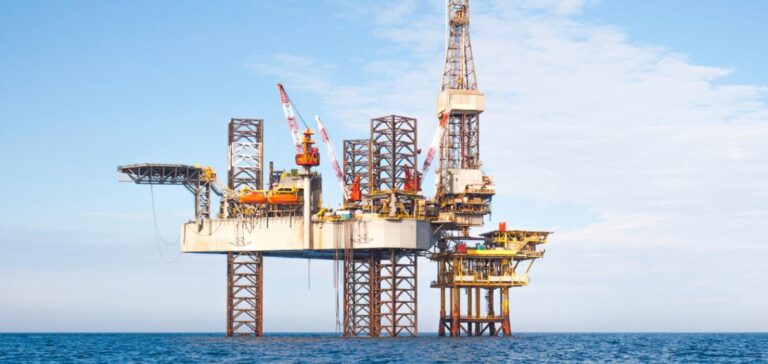With a population of over 23 million, Florida’s electricity generation is dominated by fossil fuels, accounting for 77.2% of total supply in 2024, up from 71.3% the previous year.
This contrasts with the national trend, where other states are reducing their reliance on polluting sources.
Natural gas remains the main resource, generating almost 72% of electricity, followed by coal and oil.
This predominance is explained by recent political choices, notably the abandonment of renewable energy targets and the ban on offshore wind projects, while fossil fuels continue to be profitable.
Environmental consequences and regulation
In 2023, Florida emitted over 108 million metric tons of CO2 and other greenhouse gases, or 7.4% of national emissions from the power sector.
Although emissions fell slightly by 1.3% on the previous year, this reduction is well below the national average.
The phasing out of coal has led to a marginal reduction in emissions, but the heavy reliance on natural gas limits the overall impact of these measures.
Renewable energy challenges
The development of renewable energies in Florida is hampered by several obstacles.
The state lacks tax incentives for the installation of solar panels, although solar capacity has increased considerably in recent years.
However, the wind energy sector remains non-existent, due to restrictive legislation that prevents the exploitation of offshore potential. This puts Florida out of step with other states like Texas, where energy diversification is progressing more rapidly.
Pressures on the power grid
Increasing demand for electricity, fueled by population growth and the energy needs of tourism and the climate, is putting further pressure on Florida’s power grid.
The lack of alternatives to fossil fuels makes it difficult to meet this growing demand while reducing emissions.
Net metering agreements and large-scale solar installations provide partial solutions, but are not enough to compensate for the lack of wind projects and other renewable initiatives.






















